How long has it been since you spent two days thinking and learning about your wellbeing? I arrived at the Sixth Lidl Wellness Camp (LWC) with an urge to look at myself through a critical eye. Not to judge, but to care for myself.
I was greeted by Georgios Georgiou, a chef who was carrying out cooking classes as participants settled into the Atlantica Aeneas Resort in Ayia Napa for the weekend. To my surprise, these weren’t the traditional cooking classes one would expect. There was no hands-on action. What there was a selection of options for a healthy breakfast or snack and a freestyle conversation with the chef himself.
We talked about the different kinds of granolas, how perhaps it’s more essential to take care of the healthiness of products as opposed to their calories, about why he had chosen anari to make a delicious cheese mousse accompanied with fruits and granola. If you don’t already know anari has far less fat than halloumi for example and its substance can be ideal for baking. His kefir smoothy was also a surprise; I made a mental note to explore local products more. And to make conscious food choices.
“We’re treating people to healthy options,” said Georgiou as I walked out of the hotel restaurant to get ready for what else was in store. “Come, we’re going to go to the Forest School soon,” I heard a mother say to her daughter as I walked onto a small bridge that led us from one side of the swimming pool to the other. I had read there would be a parallel programme for children during the weekend, hence why there seemed to be so many families around.
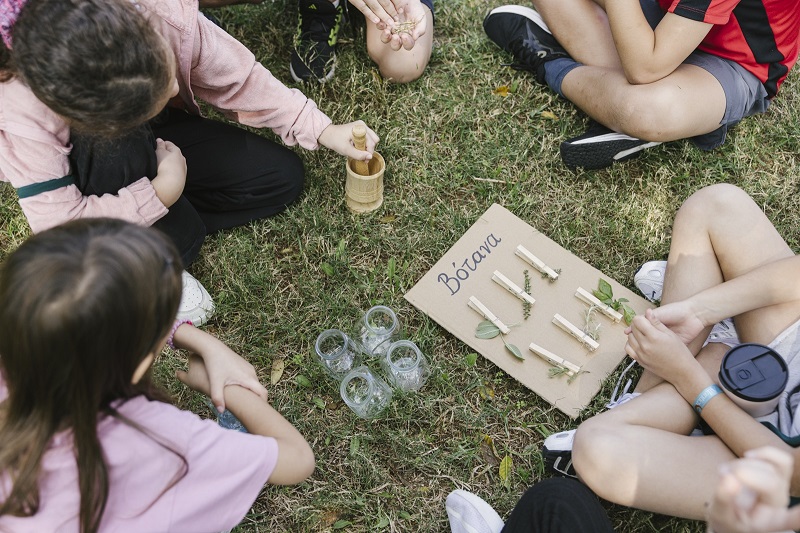
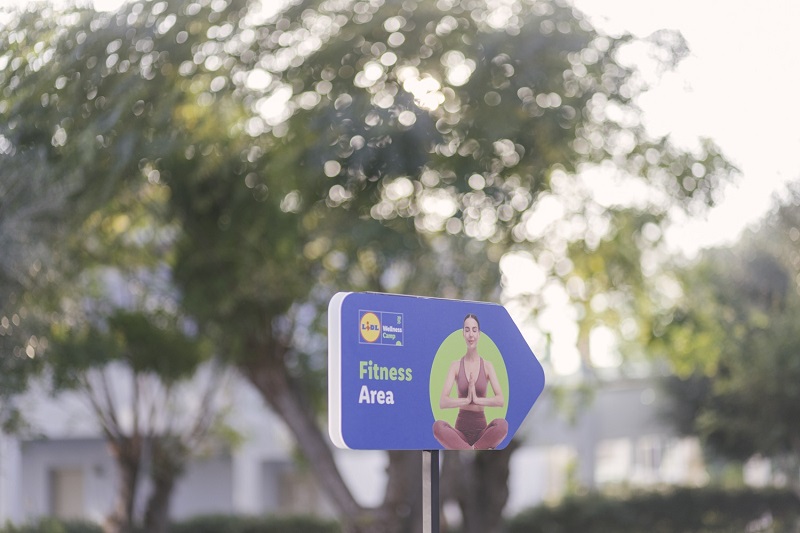
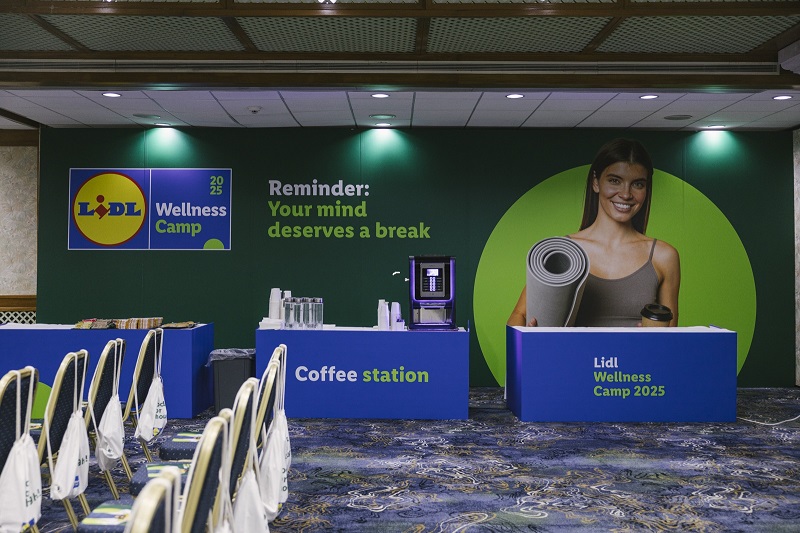
Varying conversations accompanied me to the main lecture room to attend a couple of lectures for what was our first afternoon at the camp. I spoke about how the camp had shifted from the village of Agros to Ayia Napa this year, how the LWC has now become an institution for many and how the company has shifted from ‘quality for less’ to ‘value for more’– slogans we’ve heard many a times but I never really thought deeply about. Yet I was made aware that the value in question is much more than merely offering good quality products at competitive prices.
It leans into broader concepts; caring for our environment and the wellbeing of our planet, a concept we were all introduced to in one of the lectures when we talked about the Planetary Health Diet for which Lidl advocates. This entails a flexible, mostly plant-based diet that promotes both human and environmental health by putting emphasis on whole grains, fruits, vegetables, nuts and legumes, while limiting red meat, dairy, added sugars and highly processed foods.
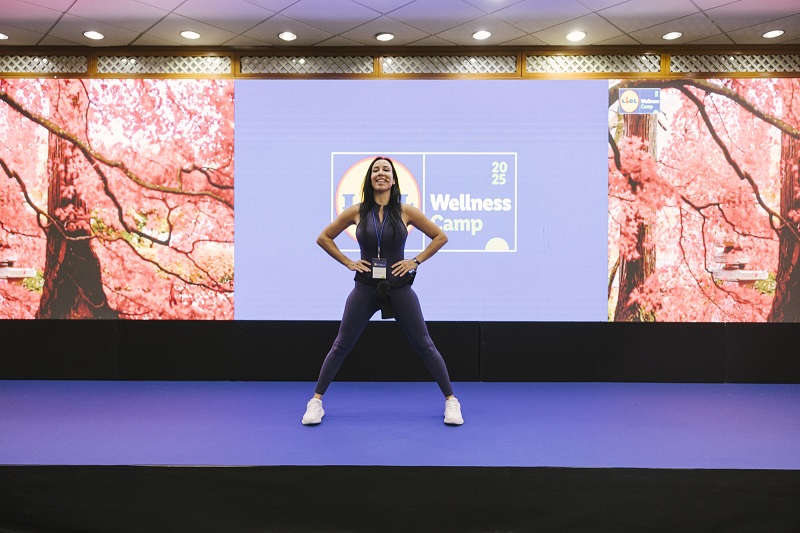
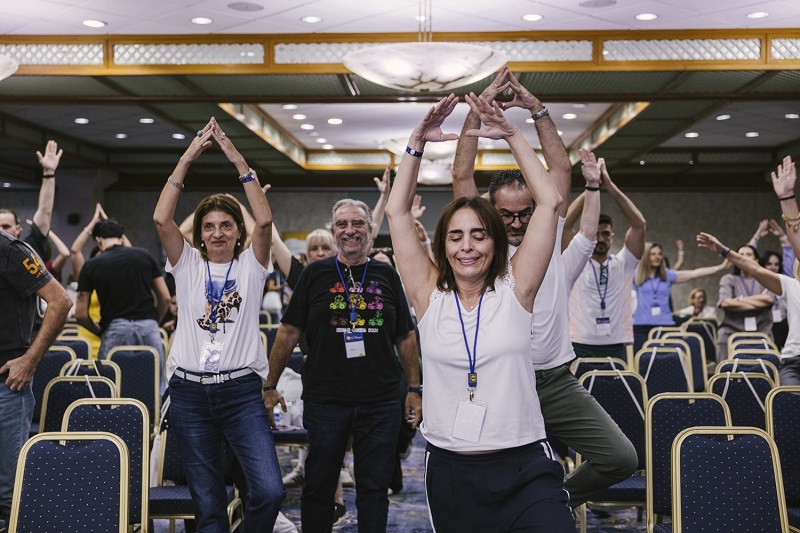
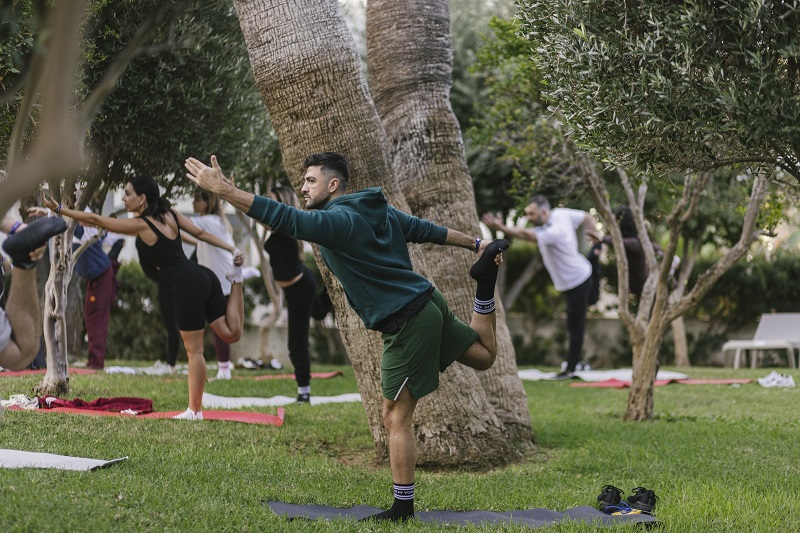
That afternoon I chose a yoga class that was being delivered in parallel to lectures, but the lectures that I did attend that first afternoon felt like a reminder and encouragement of who I was and what my body was made of. It made me think how fortunate I was to be living in the body that I live in, and that indeed, how I cared about it and the community I live in, and where I placed my wellbeing on a scale of importance determines quite a lot.
I felt that all of us were being shown how to become a dynamic community through an ecosystem of knowledge that Lidl Cyprus was bringing us through the knowhow of 17 distinguished professionals.
Psychologist Achilleas Yfantides asked the right questions for us to begin thinking about how important it is to know ourselves in order to manage our wellbeing. How our spiritual, emotional, physical, psychological, professional, financial and social wellbeing are all interlinked and need to be balanced for one to be happy. “How many of you have followed your childhood dreams?” he asked. And it made me think. It made me wonder.
Myrtani Pieri, Associate Professor of Human Physiology, talked about the human body as a museum of physical history. She took us back to when the first humans developed on earth, our genes, who we look like, whether we have the eyes of our father or the smile of our mother. She combined that with identifying some of the residual structures of our body – the anatomical features which have lost their original function but remain as evolutionary remnants.
She presented 10 things our bodies carry, but don’t need, with more obvious ones being the appendix and wisdom teeth. But there were others, such as our third eyelid, the plica semilunaris, which we don’t have anymore, just a small remnant at the corner of our eyes, and our coccyx bone, our very own tailbone. The point was to ‘see’ that our body carries baggage from the past and thus has its own imperfections, yet these imperfections aren’t the important element of the body, its health is.
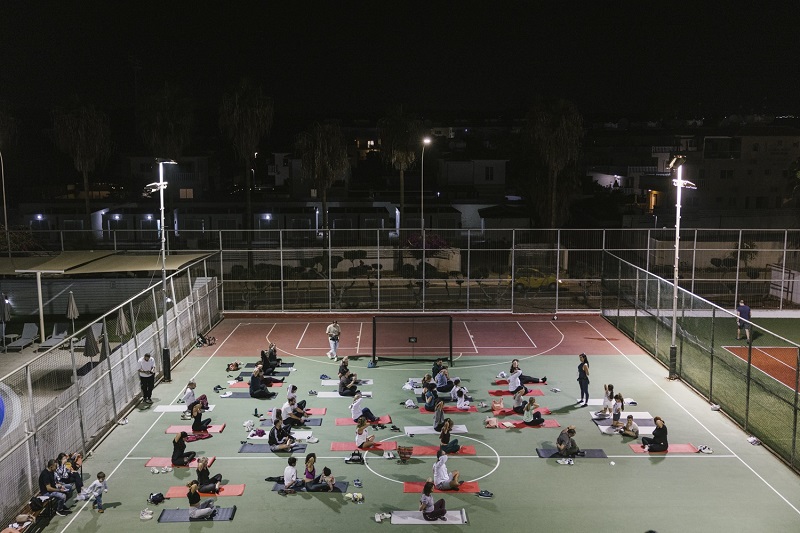
As I lay on my yoga mat that evening, I thought about my tail which doesn’t exist anymore. And I wondered what it would be like if I did have a tail. I went to bed thinking about my body and the muscles we carry for thousands of years. For me, day one was all about looking within and recognising my (well) being.
From art to soil
I woke up to be immersed into the power of art. A panel organised in collaboration with the Cyprus National Commission for Unesco brought forward the notions of art therapy and how it can be used as a preventive measure towards our wellbeing as much as it can be used as an actual tool to coincide with medicine to address serious illnesses such as cancer and autism, as well as drug abuse and depression. The discussion delivered the emotional and therapeutic impacts of art therapy and how it helps manage feelings through passive and active artistic activities, for all ages.
According to panelists, art therapy has been recorded since the 1940s and has proven its positive impact on movement, heart rate and self-confidence. Damiana Koushapi from the Cyprus Anti-Cancer Society vouched for using art with our children and adolescents.
“I’ve never taken up therapy with an adolescent and asked them how they feel; I ask them about their favourite songs, or to tell me a story, this can say so much. Art shouts out all feelings. Listen to the songs you listen to, look at what you draw, draw with your children,” she suggested.
In some countries, doctors prescribe art therapy — a concert, a dance show, an exhibition at the museum, a class… something Cyprus doesn’t do yet but is making progress in this direction. Art therapist Lenia Georgiou uses art therapy as a restorative means and conducts workshops and classes for people who suffer from abuse and additions. She was quick to remind us that nothing we create in art therapy can be used as a diagnosis from an art therapist.
She delivers an art therapy programme for woman in substance abuse recovery in collaboration with Ayia Skepi. She also described another workshop where she uses flour as an artistic medium, where generational trauma is addressed through creating with flour, and in which stories that have to do with the 1974 war are shared.
Music therapist Prodoromos Stylianou explored his own specialty and what it entails with concrete examples and videos. One was of a young boy with autism and his encounter with a piano and how he progressed over a 10-year period. Absolutely amazing. And what an inspiration to use the arts more often.
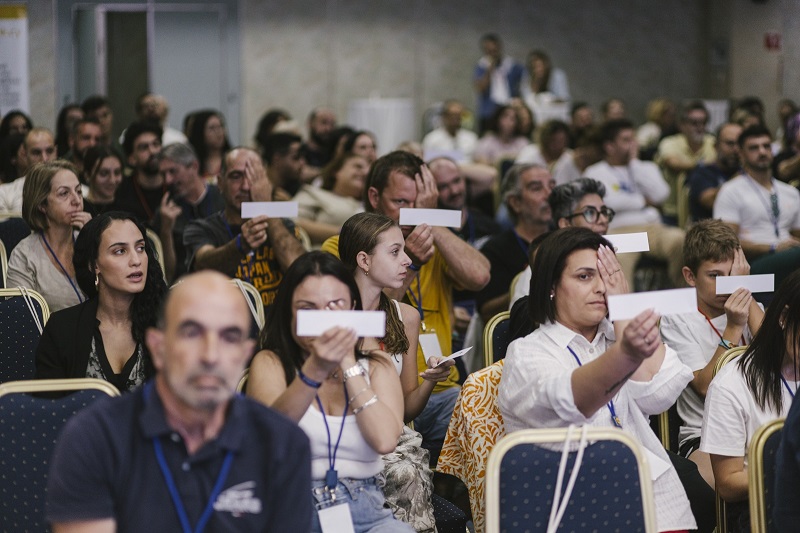
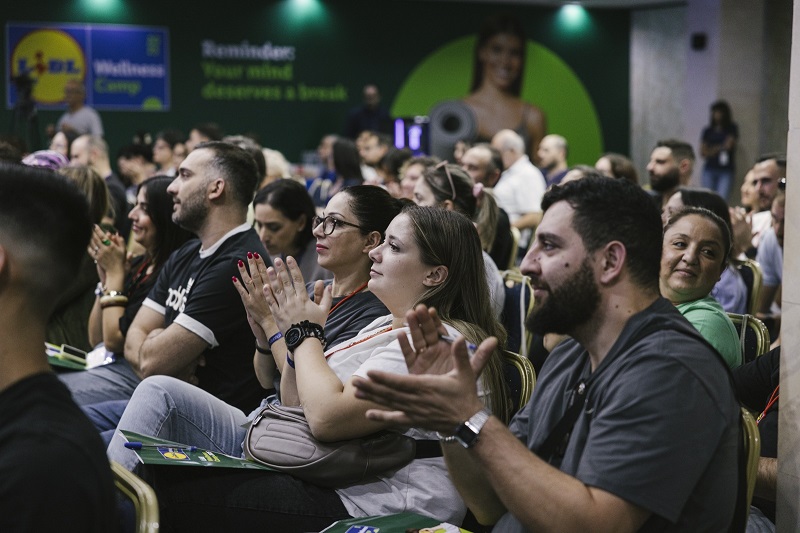
Many of the presentations instigated inspiration through knowledge and examples. Some of the biggest contemporary challenges were explored with Maria Roukoudi, Manager of the Corporate Social Responsibility Department at Lidl Cyprus talking about Planetary Healthy Eating and how we eat the food we produce (and purchase), how the less junk food we eat the less it will be produced, and our power as consumers. Our eating habits impact both our health and the planet.
Pediatrician Adamos Hadjipanayi attempted to break myths about vaccinations in an interesting and lively Q&A session, instigating us to base our decisions on valid data and look at history for examples. This wasn’t the only lively Q&A session I attended.
Following the State General Laboratory’s presentation on flame retardants, the health of the soils we grow our food in was addressed; a scary notion to realise our earth may not be adequate to produce our food in the future. Q&As established that we should stop farming with aggressive means, and stop monoculture among others…
The LWC makes you think. And learn. It gives you knowledge and reminders to take back home with you. What I found at the LWC is an ecosystem of knowledge and practices that allow me to better not only myself, but also the world I live in.
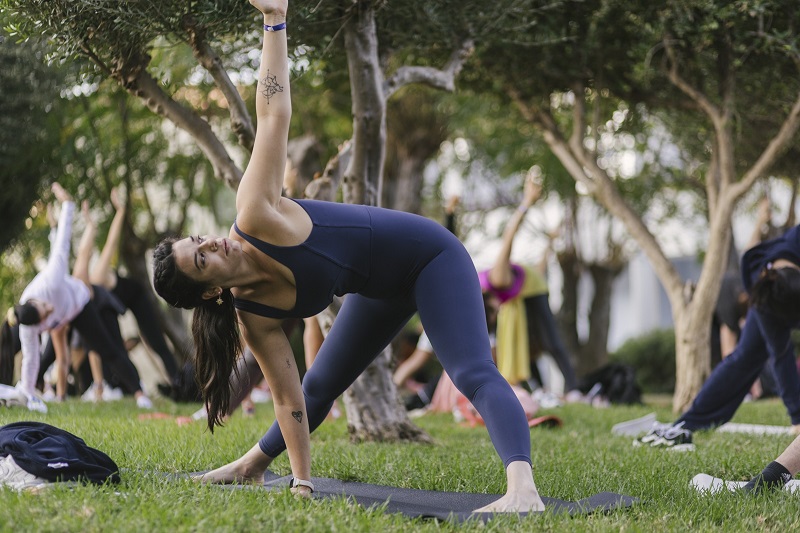
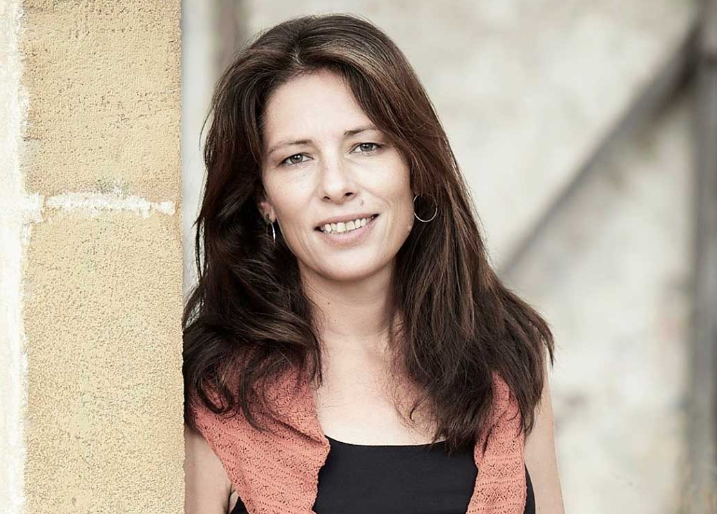




Click here to change your cookie preferences